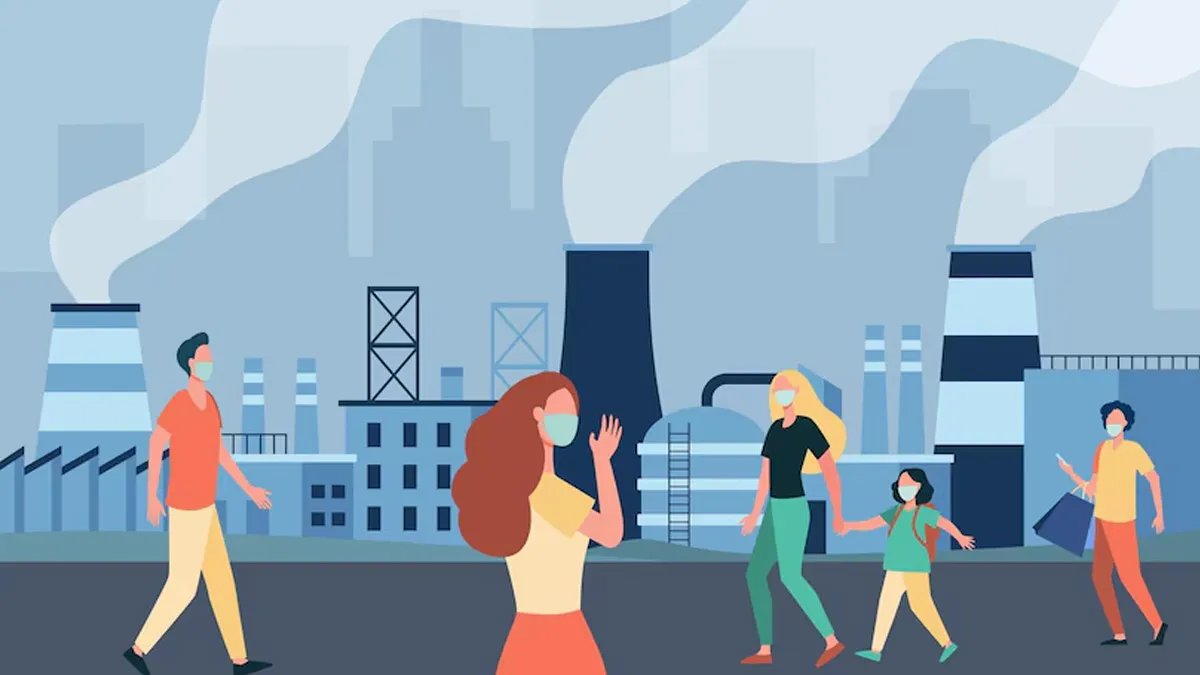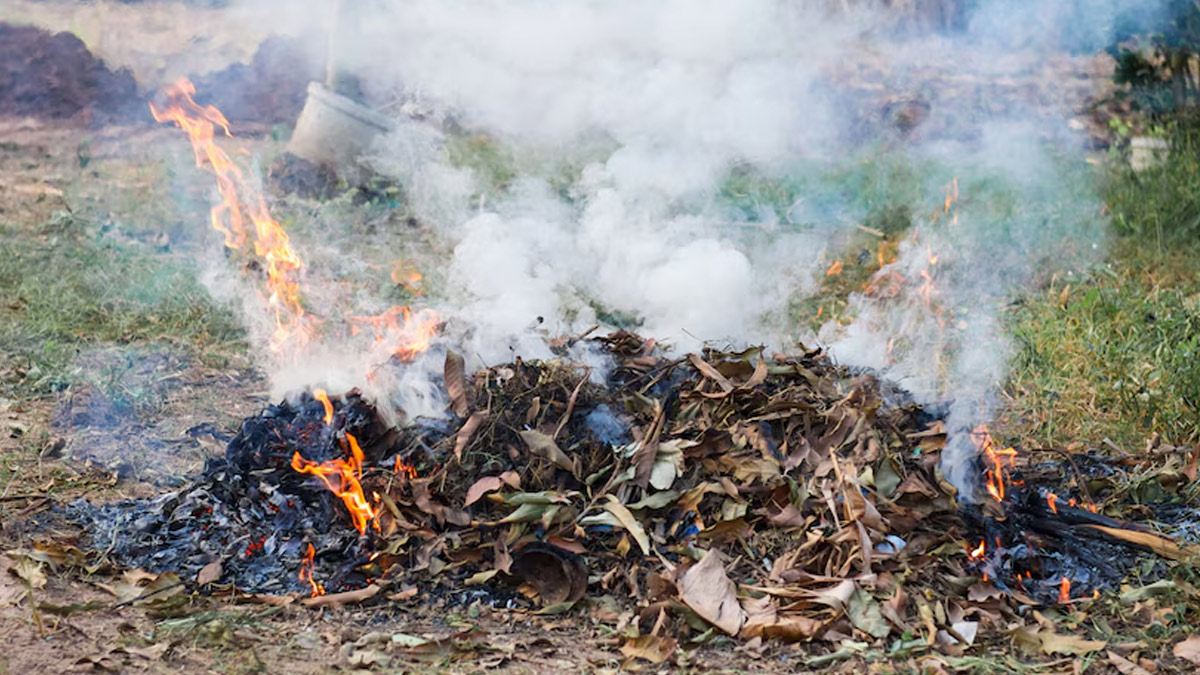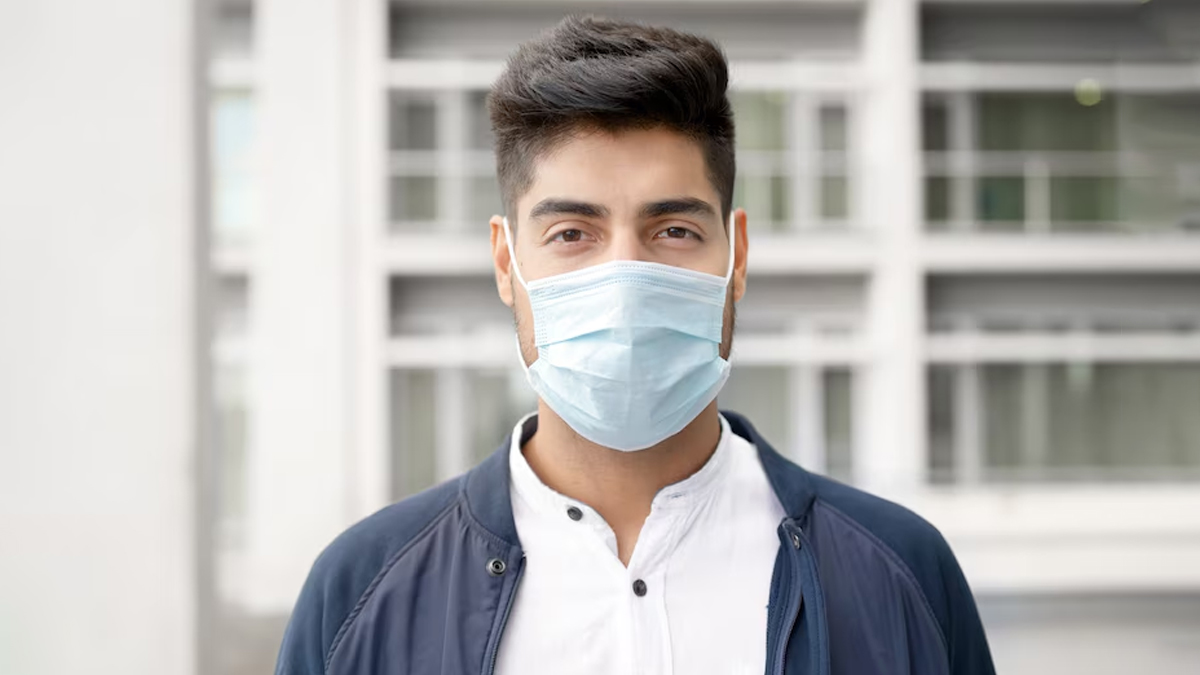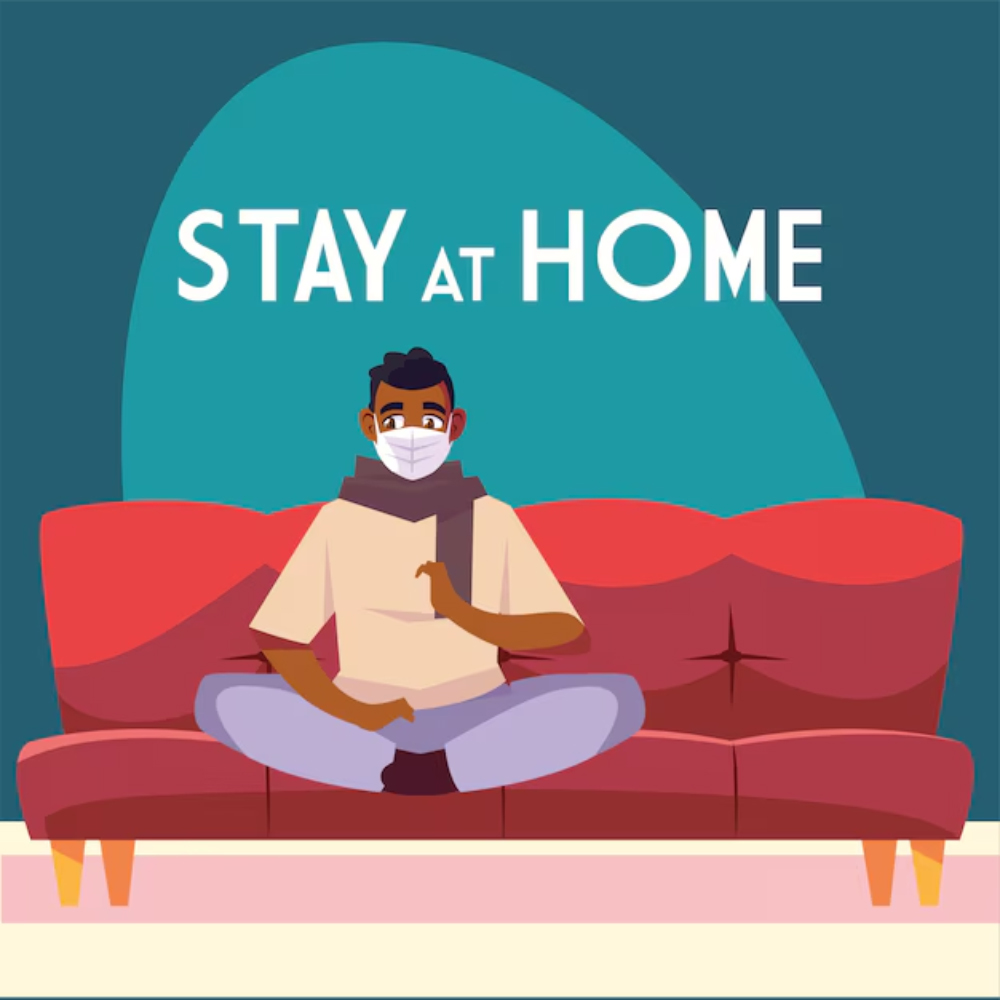
Air pollution is an ever-growing concern in India, especially in urban areas where high traffic, industrial emissions, and burning of waste contribute significantly to poor air quality. The air quality of the capital city New Delhi and surrounding regions is extremely low which can harm your health in many ways.
Table of Content:-
The adverse health effects of polluted air range from respiratory problems to cardiovascular issues and long-term ailments. As air pollution becomes more prominent, it is crucial to adopt measures to safeguard your health.
The Ministry of Health and Family Welfare (MoHFW), under its National Programme on Climate Change and Human Health, has issued essential Do’s and Don’ts to help individuals reduce the risks associated with air pollution.
Stay protected from air pollution!
— Ministry of Health (@MoHFW_INDIA) November 4, 2024
Follow these simple Do’s and Don’ts to reduce exposure and safeguard your health. #HealthForAll pic.twitter.com/CGwh2TG1Sk
Here is a detailed guide to protect yourself and your family:
Do’s to Minimise Exposure to Air Pollution
Stay Indoors: During high pollution days, especially when air quality is marked as ‘poor’ or ‘severe,’ it is advisable to remain indoors. This minimises direct exposure to pollutants such as particulate matter (PM 2.5 and PM 10), which can penetrate deep into your lungs.
![1-pollution-guidelines]()
Seek Medical Attention if Needed: If you experience symptoms such as breathlessness, chest discomfort, or irritation in your eyes, consult a doctor immediately. People with pre-existing conditions like asthma, bronchitis, or heart disease are particularly vulnerable to polluted air.
Keep Medications Handy: Individuals with respiratory or cardiovascular illnesses should ensure that their prescribed medications, such as inhalers or tablets, are readily available in case of emergencies.
Use Clean Fuels: Opt for smokeless fuels for cooking and heating purposes. Using liquefied petroleum gas (LPG) or electric stoves reduces indoor air pollution, which is often as hazardous as outdoor air pollution.
Also read: Delhi Slumps Under Poor Air Quality; Schools Shift Online Amid Health Crisis
Don’ts to Avoid Air Pollution Risks

Avoid Congested Areas: Stay away from places with heavy traffic or overcrowded zones. Vehicle emissions, combined with industrial pollutants, significantly degrade air quality in such areas.
Close Doors and Windows: Do not open windows during early mornings or late evenings. These are peak times when pollution levels are higher due to temperature inversion and reduced wind movement.
Skip Outdoor Activities in Poor Air Quality: Avoid morning and evening walks if the air quality index (AQI) is unhealthy. Exercise increases respiratory activity, which could exacerbate exposure to harmful pollutants.
Do Not Burn Waste: Burning crackers, garbage, or other waste materials releases toxic chemicals into the air. Not only does this pollute the environment, but it also affects vulnerable groups, such as children and the elderly.
Avoid Smoking: Tobacco products not only harm smokers but also worsen air quality for others through second-hand smoke. Refrain from smoking to reduce air pollution indoors and outdoors.
Why These Measures Are Crucial

India’s urban areas frequently record alarmingly high pollution levels during winter due to factors like crop stubble burning and industrial emissions. Prolonged exposure to polluted air can lead to severe health issues, including chronic obstructive pulmonary disease (COPD), strokes, and even lung cancer. By following the MoHFW guidelines, individuals can significantly reduce their health risks and contribute to a cleaner environment.
Additionally, communities can work together to raise awareness about sustainable living, promote the use of public transport, and discourage the use of firecrackers or polluting fuels. Taking collective steps not only improves personal health but also addresses air pollution at its root.
Conclusion
Protecting yourself from air pollution is a shared responsibility. While government policies and initiatives are essential to improve air quality, individual actions can make a significant impact. By following the above Do’s and Don’ts, you can safeguard your health while contributing to a healthier planet. Let’s act responsibly to ensure that future generations breathe cleaner, healthier air.
Also watch this video
How we keep this article up to date:
We work with experts and keep a close eye on the latest in health and wellness. Whenever there is a new research or helpful information, we update our articles with accurate and useful advice.
Current Version
